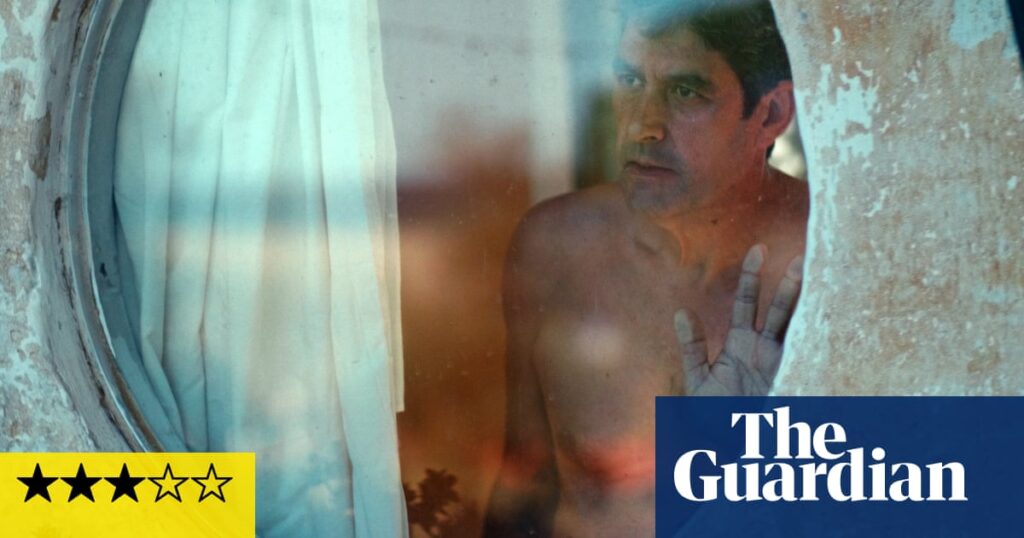

Enveloped by the sounds of gentle ocean waves and wind, the sensory opening of Efthymire Zimvragaki’s feature debut could be mistaken for the start of a picturesque nature documentary. But Zimvragaki’s film unearths pain buried beneath such scenic beauty. Now living in Spain after fleeing an abusive childhood home in Crete, Zimvragaki is transported back to the past by an unusual proposal: she receives a confessional memoir from Ernesto, a Tenerife resident with a troubled history of abusing women.
As Zimvragaki and Ernesto team up to adapt his life for the screen, their stories collide in shocking and heartbreaking ways. Both grew up with domineering fathers who controlled their families with tyrannical patterns of oppression that were frighteningly similar, alternating between periods of callous indifference and intense rage. By linking the far-flung islands of Crete and Tenerife to this cycle of grief, Zimvragaki and Ernesto’s revelations expose the curse of intergenerational trauma.
But when it comes to questioning Ernesto’s own abusive behavior, Zimvlagacki’s investigation is on shakier ground. In prioritizing Ernesto’s experience, the film is curiously less interested in his partner, Julianne, and her reasons for staying with him despite her own experiences of domestic violence. Moreover, the use of re-enactments to process trauma seems like an overly simplified form of therapy. In one scene, a professional actor is hired to re-enact a scene of domestic violence; Ernesto puts his hands around the actor’s neck to demonstrate what happened. Regardless of his apology or whether the actor is comfortable with the scene, such moments raise important questions about protection and exploitation, and are shocking enough to cast a dark shadow over the film.
“Light Falls Vertical” will air on True Story from August 2nd.
Tara Thomas Agency stands at the forefront of the entertainment industry, with years of experience dedicated to nurturing the most exceptional talents and successful acts.